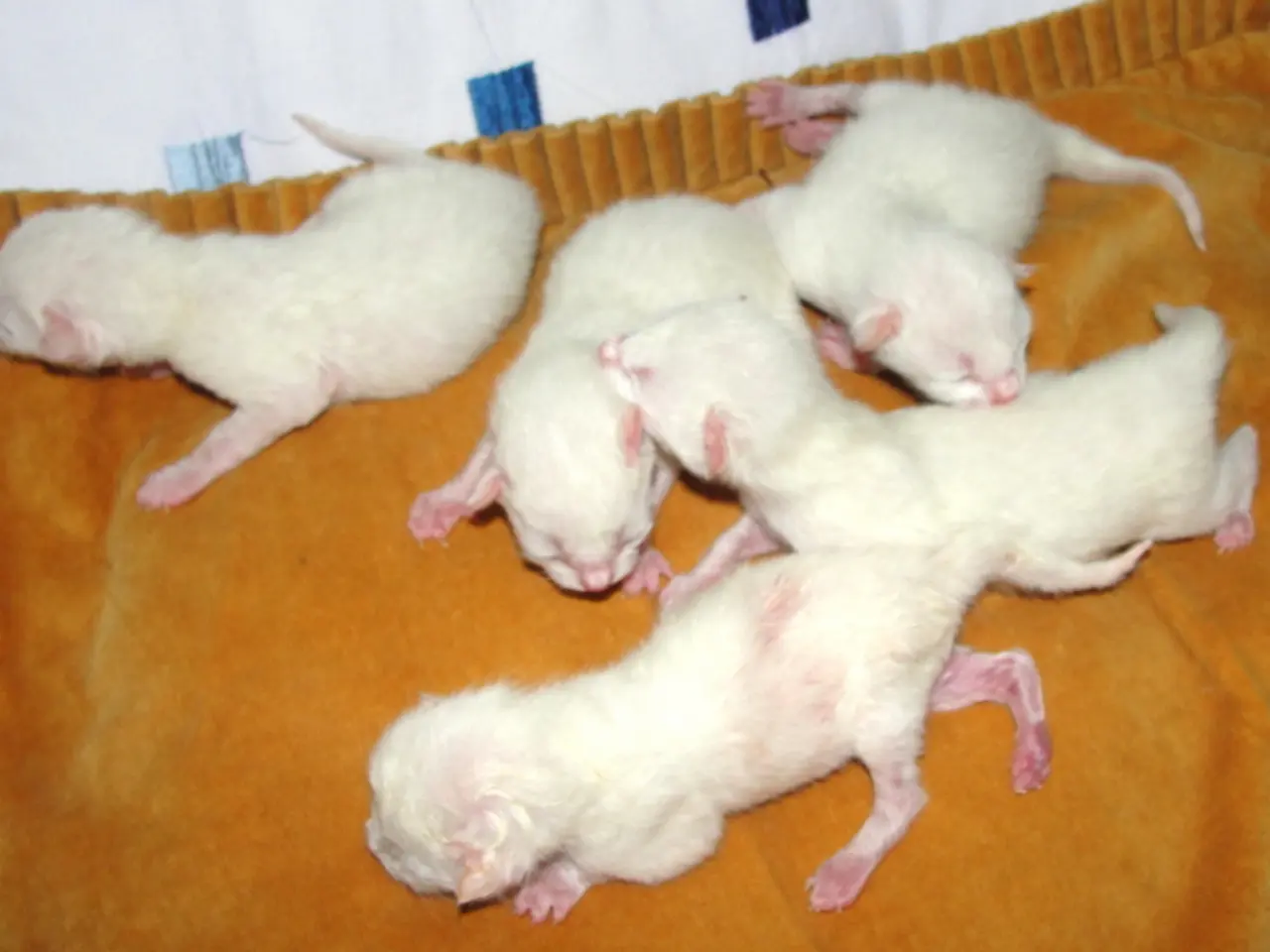Predicting Immunotherapy Response: Researchers Discover Methods for Anticipating Treatment Results
Immunotherapy: A Groundbreaking Cancer Treatment
In the ongoing war against cancer, scientists have been tirelessly developing new treatment methods. One of the latest additions to the arsenal is immunotherapy. But, like any battle, not all fighters and battles can be won with immunotherapy. That's where a team of researchers from Johns Hopkins University comes in — they may have found the key to predicting a cancer tumor's receptivity to immunotherapy.
The Hidden Battlefield: Cancer Tumors
Cancer cells are masters of disguise, often developing mutations that enable them to evade the body's immune system. Immunotherapy aims to tip the scales in our favor. By boosting the immune system, it makes it easier for our bodies to identify and destroy cancer cells.
Currently, immunotherapy is a viable treatment option for a select few, such as breast cancer, melanoma, leukemia, and non-small cell lung cancer. Scientists are also looking into its potential use for other cancers, like prostate, brain, and ovarian cancers.
The Genetic Clues
Researchers currently use the total number of mutations in a tumor, known as tumor mutation burden (TMB), to estimate the tumor's response to immunotherapy. However, the Johns Hopkins team believes they have uncovered a specific subset of mutations, which they call "persistent mutations," within the overall TMB. These persistent mutations are less likely to disappear as cancer evolves, keeping the tumor visible to the immune system, and potentially enhancing the response to immunotherapy.
The Future of Immunotherapy
These findings could revolutionize the way cancer patients are selected for immunotherapy treatments. In the near future, doctors may be able to use high-throughput, next-generation sequencing techniques to study the mutational spectrum of patients, categorizing them according to their likelihood of response to immunotherapy.
Other experts, like Dr. Kim Margolin from the Saint John's Cancer Institute Melanoma Program, believe these findings could mark the beginning of a new era in cancer treatment, where the immune system's response to the tumor environment becomes a critical factor in successful treatment.
The Key Players
- Mismatch Repair Deficiency (MMRd) mutations make tumors more susceptible to immunotherapy, particularly checkpoint inhibitors[1][3].
- DNA repair defects can also make tumors more vulnerable to immunotherapy, increasing the number of mutations in the tumor[5].
- Neoantigens, tumor-specific proteins arising from somatic mutations, serve as predictive biomarkers for response to immunotherapy[2].
- Certain modules, identified by computational frameworks like ProgModule, can predict immunotherapy response and are linked to important biological processes and survival in cancer patients[2].
The ultimate goal is to use genetic characterization to predict the effectiveness of immunotherapy in cancer treatment, enabling more targeted and effective treatments for cancer patients.
References:
- Deb Tunocus and Amir Kalangara — Cancer-Testis Antigens Embrace the Era of Immunotherapy
- Gagliardi, O. et al. — A computational framework for identification of immunotherapeutic targets from whole-exome sequencing data
- National Cancer Institute — Mismatch repair deficiency
- American Cancer Society — Immunotherapy
- Reventin, A. et al. — The need for activating somatic mutations for immune surveillance in solid tumors
- Dewan, S. et al. — DNA Repair Deficiency as a Therapeutic Opportunity in Cancer
- The Johns Hopkins team's discovery of persistent mutations within tumor mutation burden (TMB) could revolutionize immune system-based cancer treatments, potentially enhancing the response to immunotherapy.
- By studying the mutational spectrum of patients with various medical-conditions like cancer, doctors may soon be able to categorize them according to their immune system's receptivity to immunotherapy, offering more targeted and effective cancer treatments.
- Understanding the role of genetic characteristics, such as mismatch repair deficiency, DNA repair defects, neoantigens, and specific computational modules, in a cancer tumor's response to immunotherapy is crucial for making the immune system a stronger ally in the fight against cancer.




